Nature reports
Publisher: Netherlands Institute of Ecology (NIOO-KNAW)
Page 3 of 5 - 42 Results
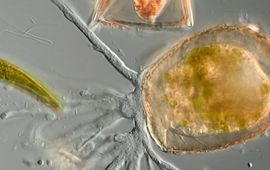
Our ecological knowledge used to end where the soil begins. That's slowly changing, but there are still some soil creatures we know very little about. Protists, for example. These tiny, mostly unicellular organisms are on their..
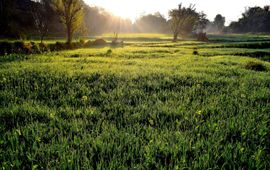
Plants release pungent fumes belowground to defend themselves against herbivores, plagues and pathogens. But can they also attract beneficial bacteria in this way? According to new findings by NIOO-researchers, they can...and..
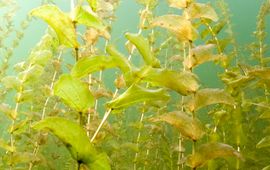
Massive growth of submerged aquatic plants can be a nuisance, especially in summer. It's up to water managers to limit the inconvenience for swimmers, boats and fishermen in a way that is both responsible and cost-effective. In..
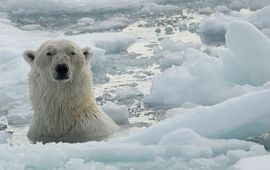
Climate change discussions on social media are very influential. A new study in BioScience shows that when it comes to iconic topics such as polar bears and retreating sea ice, climate blogs fall into two distinct camps. With..
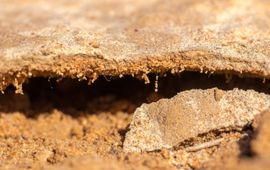
Ever wonder what makes soil, soil? And could soil from the Amazon rainforest really be the same as soil from your garden? Researchers from the University of Manchester and the Netherlands Institute of Ecology (NIOO-KNAW) are using..
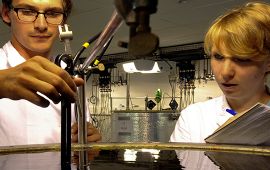
Due to climate change, including rising temperatures, more and more methane is bubbling up from lakes, ponds, rivers and wetlands throughout the world. The release of methane – a potent greenhouse gas – leads to a further increase..
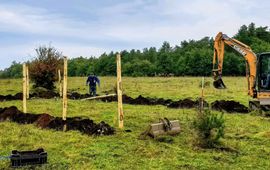
A nature area close to De Hoge Veluwe National Park has become the first Dutch site to be added to NutNet: a global research cooperative that studies the impact of human activity on grassland ecosystems...
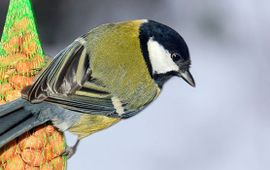
A British enthusiasm for feeding birds may have caused UK great tits to have evolved longer beaks than their European counterparts, according to new research. The findings, published in Science, identify for the first time the..
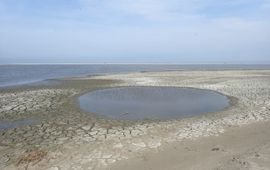
If the weather's clear, you can see them from the air: the Marker Wadden. They're brand new islands in the Markermeer, a lake in the central Netherlands that was once part of the saltwater Zuiderzee. As more and more land emerges..
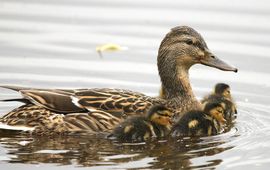
In late March, the Netherlands Institute of Ecology launched an appeal to submit any sightings of mother ducks with ducklings to researcher Erik 'Dr. Duck' Kleyheeg. The aim of his citizen science project is to find out why..
